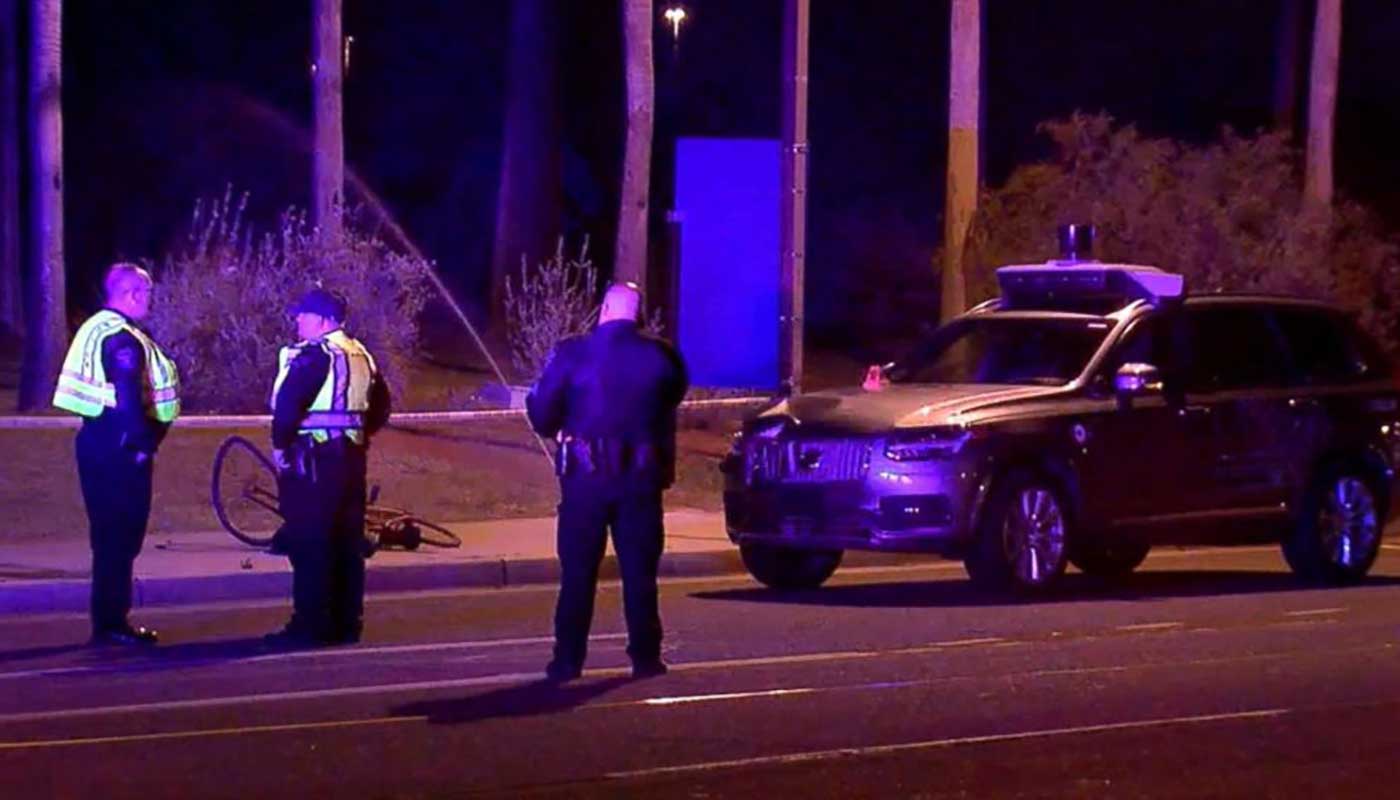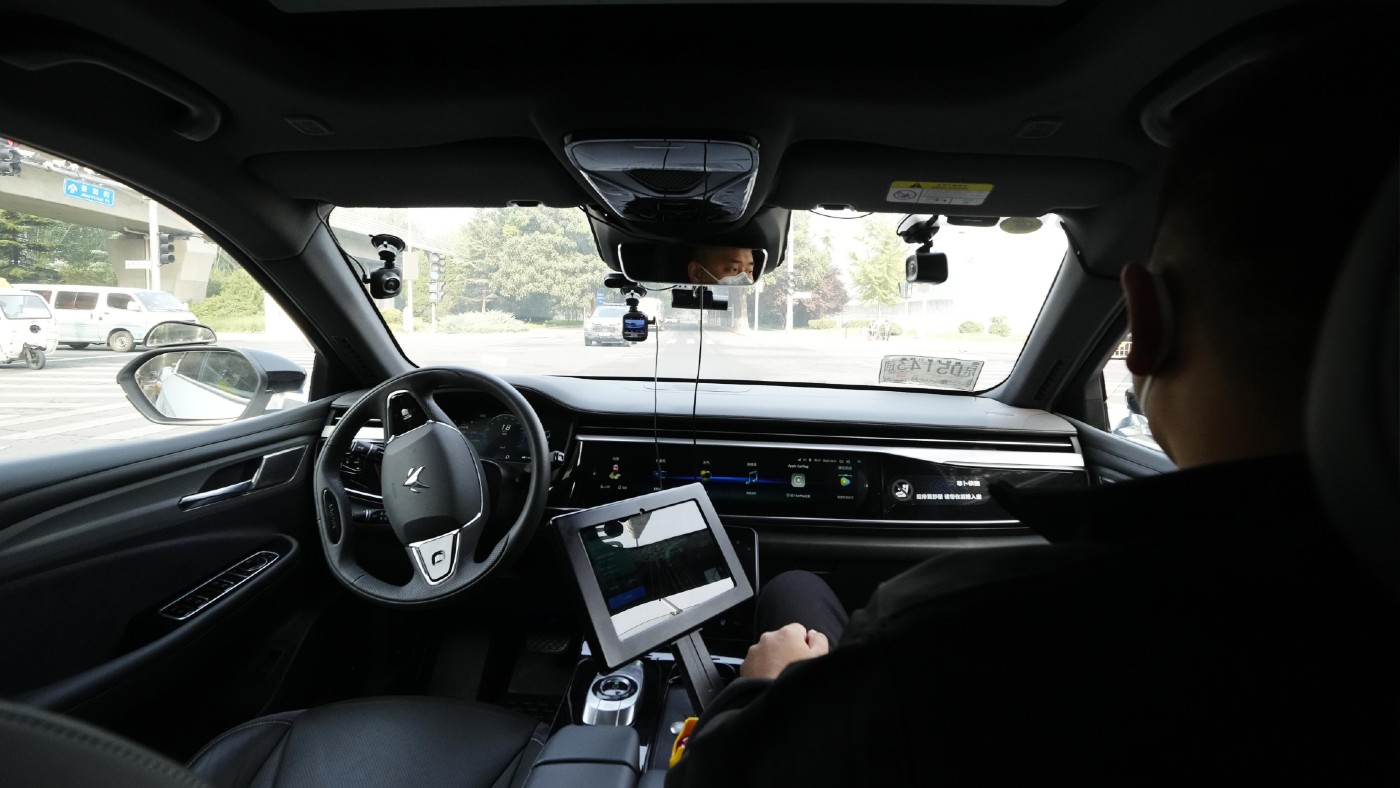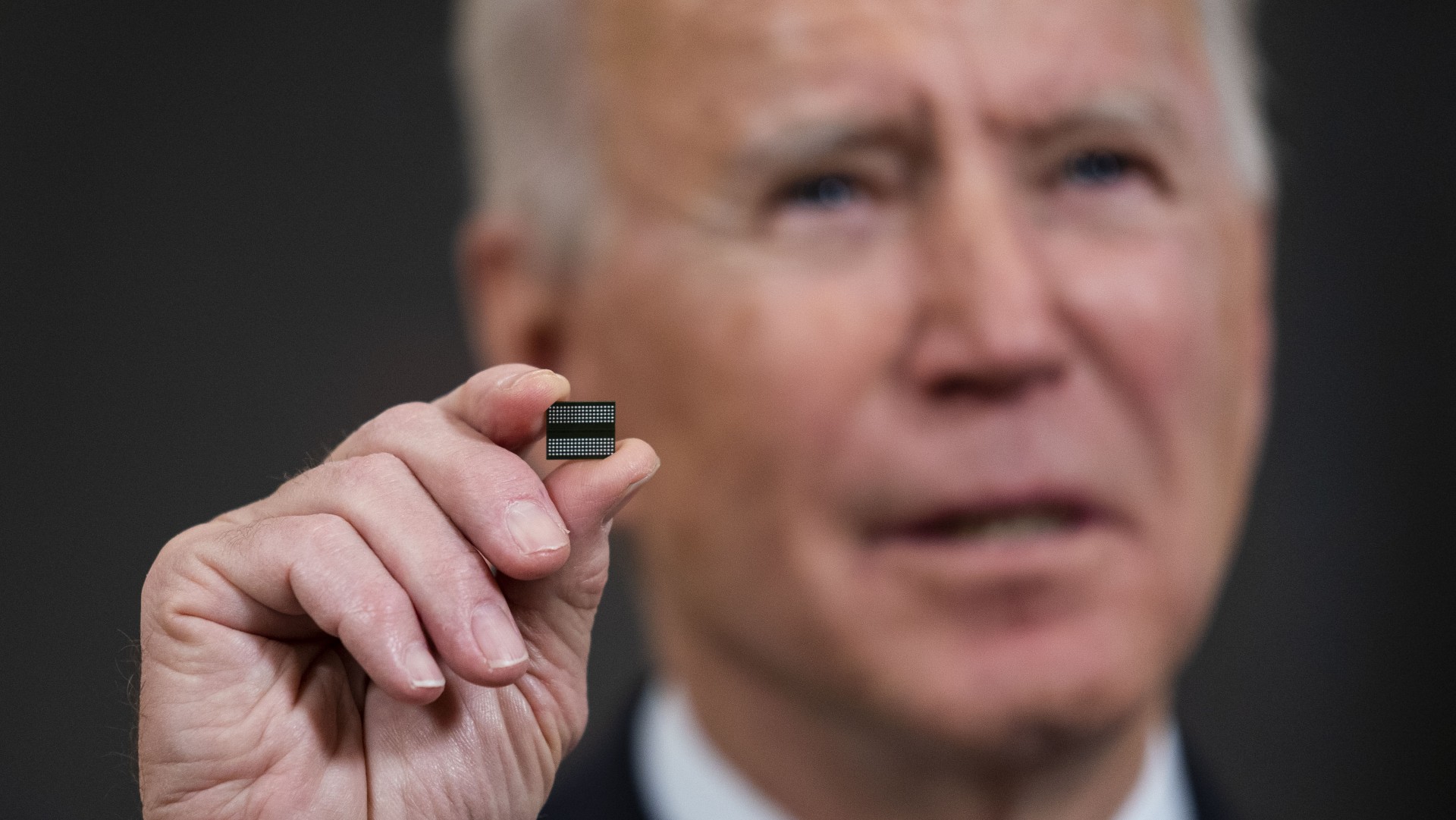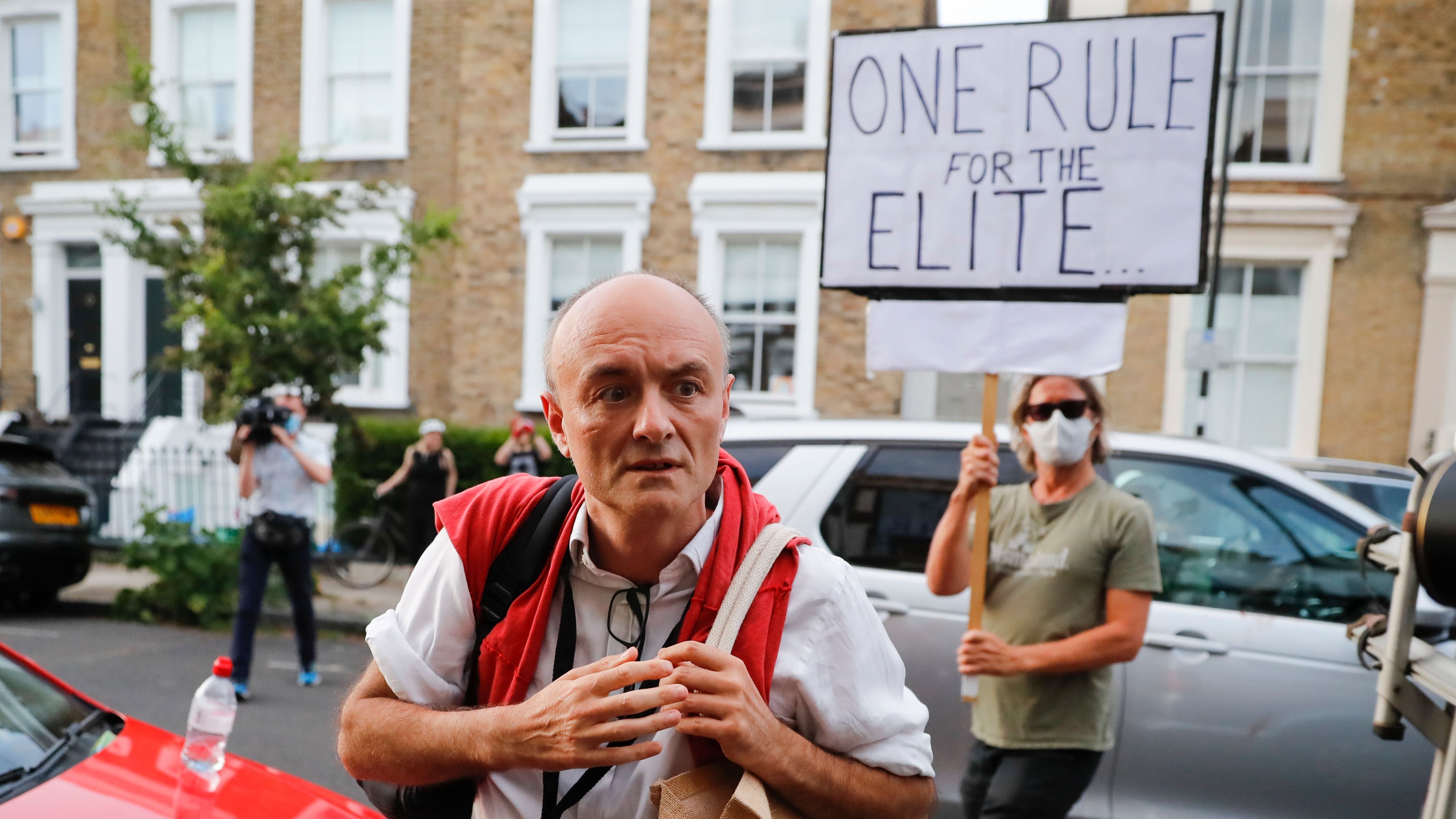Uber driverless software ‘ignored’ pedestrian in fatal crash
Flaw reportedly meant that on-board systems detected woman but decided not to react

A free daily email with the biggest news stories of the day – and the best features from TheWeek.com
You are now subscribed
Your newsletter sign-up was successful
Uber believes a software fault may have been responsible for one its driverless cars fatally wounding a pedestrian in March, according to company insiders.
Sources who were briefed on the issue told tech news site The Information that the vehicle’s driverless software registered the victim, 49-year-old Elaine Herzberg, before she was struck.
However, the insiders said that as a result of how the system had been “tuned”, the software decided it didn’t need to react when Herzberg walked into the road, in Tempe, Arizona, the site reports.
The Week
Escape your echo chamber. Get the facts behind the news, plus analysis from multiple perspectives.

Sign up for The Week's Free Newsletters
From our morning news briefing to a weekly Good News Newsletter, get the best of The Week delivered directly to your inbox.
From our morning news briefing to a weekly Good News Newsletter, get the best of The Week delivered directly to your inbox.
According to Engadget, programmers of driverless software tune the sensitivity of the system’s sensors so that the vehicle “only reacts to true threats”. These include “solid objects” such as a brick wall, and in most cases, human beings.
However, the way the system had been tuned in Uber’s driverless Volvo XC90 reportedly meant that the car identified Herzberg as a “false positive” and therefore ignored her.
Although the vehicle had a “safety driver” behind the wheel to intervene in the event of an emergency, the driver failed to respond quickly enough, according to TechCrunch.
Prior to The Information’s report, Tempe police chief Sylvia Moir told the San Francisco Chronicle that video footage from on board the vehicle suggested that the accident, on 18 March, “would have been difficult to avoid”.
A free daily email with the biggest news stories of the day – and the best features from TheWeek.com
But that claim was refuted by Bryant Walker Smith, a University of South Carolina law professor who studies autonomous vehicles. Smith told the Associated Press that the car’s on-board radar systems “should have detected and classified” Herzberg.
Uber has yet to comment on the latest report, but said in a statement that it has “initiated a top-to-bottom safety review”.
The company added: “Our review is looking at everything from the safety of our system to our training processes for vehicle operators, and we hope to have more to say soon.”
-
 Secured vs. unsecured loans: how do they differ and which is better?
Secured vs. unsecured loans: how do they differ and which is better?the explainer They are distinguished by the level of risk and the inclusion of collateral
-
 ‘States that set ambitious climate targets are already feeling the tension’
‘States that set ambitious climate targets are already feeling the tension’Instant Opinion Opinion, comment and editorials of the day
-
 Mixing up mixology: The year ahead in cocktail and bar trends
Mixing up mixology: The year ahead in cocktail and bar trendsthe week recommends It’s hojicha vs. matcha, plus a whole lot more
-
 Are self-driving cars still an impossible dream?
Are self-driving cars still an impossible dream?Talking Point State-of-the-art robot cars still ’struggle’ with construction sites, animals, traffic cones and pedestrian crossings
-
 Why is the US waging a tech war on China?
Why is the US waging a tech war on China?Today's Big Question Battle for technological supremacy is at the forefront of a new economic Cold War
-
 How cybercriminals are hacking into the heart of the US economy
How cybercriminals are hacking into the heart of the US economySpeed Read Ransomware attacks have become a global epidemic, with more than $18.6bn paid in ransoms in 2020
-
 Language-learning apps speak the right lingo for UK subscribers
Language-learning apps speak the right lingo for UK subscribersSpeed Read Locked-down Brits turn to online lessons as a new hobby and way to upskill
-
 Brexit-hobbled Britain ‘still tech powerhouse of Europe’
Brexit-hobbled Britain ‘still tech powerhouse of Europe’Speed Read New research shows that UK start-ups have won more funding than France and Germany combined over past year
-
 Playing Cupid during Covid: Tinder reveals Britain’s top chat-up lines of the year
Playing Cupid during Covid: Tinder reveals Britain’s top chat-up lines of the yearSpeed Read Prince Harry, Meghan Markle and Dominic Cummings among most talked-about celebs on the dating app
-
 Brits sending one less email a day would cut carbon emissions by 16,000 tonnes
Brits sending one less email a day would cut carbon emissions by 16,000 tonnesSpeed Read UK research suggests unnecessary online chatter increases climate change
-
 Reach for the Moon: Nokia and Nasa to build 4G lunar network
Reach for the Moon: Nokia and Nasa to build 4G lunar networkSpeed Read Deal is part of the US space agency’s plan to establish human settlements on the lunar surface